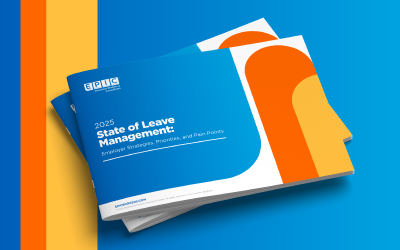For more COVID-19 information visit our dedicated coronavirus resource center
Viewpoints from Briana Loff
The news was disappointing, to say the least – 2018 overdose numbers had dipped for the first time in over three decades after the huge push to end the opioid epidemic in recent years. And while the 2019 numbers have dashed those hopes, there’s more cause for concern over the inevitable effect COVID-19 will have on the epidemic. With more people isolated, unemployed and emotionally distressed, there is far greater potential for substance abuse. Add that to the disruption the COVID-19 pandemic has caused treatment centers and outpatient programs/resources, now running on limited staff, and you have the perfect storm. Luckily some government restrictions have begun to ease on buprenorphine and methadone programs. Both medicines have backed evidence that shows they help people stay in recovery.
Craig Hasday shared his viewpoints on what mental health and substance abuse claims will look like in the coming year. Alongside the mental health component of recovery, users will need access to outpatient programs to remain consistent with their treatment plans. They also need constant support from medical professionals, nurses, and support groups – many of which can be addressed if medical carriers establish more comprehensive programs. Accountability and consistency are key for helping recovering addicts remain on track, even more so with the uncertainty of COVID-19 and the stress it has caused so many. Unless a major shift happens on the carrier end, we can expect to see the overdose death toll rise. As if the body count and strain on our healthcare system from coronavirus aren’t already enough to handle.
See results from our In It Together COVID-19 pulse surveys by visiting epicbrokers.com/insights/preparing-for-the-new-normal
Related Content
Products
Employee Benefits Consulting
Our dedicated benefits team is focused on delivering better outcomes – to both your benefits program and ...
Products
Wellbeing & Health Management
Our consultants help you create a strategy around health management that will impact your culture and your ...
Products
Compliance
We provide comprehensive consulting services and in-depth education regarding the ever-changing employee ...



